Bitter Coldwave Warning Issued
It’s that time of year again when the chill in the air turns into a bone-chilling coldwave warning. With temperatures plummeting and wind chills creating an even colder feel, it’s essential to be prepared for the bitter coldwave that’s upon us. Here’s what you need to know to stay safe and warm during this frigid weather.
Understanding Coldwave
A coldwave is a prolonged period of excessively cold weather, often with gusty winds that can lower temperatures even further through wind chill. These conditions can be particularly dangerous for vulnerable populations such as the elderly, children, and those without adequate shelter or heating. Coldwaves can lead to hypothermia, frostbite, and other cold-related illnesses if proper precautions are not taken.
Signs and Symptoms of Cold-related Illnesses
It’s crucial to recognize the signs and symptoms of cold-related illnesses to seek help promptly. Hypothermia, frostbite, and chilblains are common cold-related conditions that can occur during a coldwave. Understanding these symptoms can help you take action to prevent serious health consequences.
-
Hypothermia: Symptoms include shivering, confusion, slurred speech, drowsiness, and shallow breathing. If someone is experiencing these symptoms, move them to a warm place, remove wet clothing, and seek medical help immediately.
-
Frostbite: Look for skin discoloration, numbness, or a hard or waxy texture in exposed skin, typically on fingers, toes, nose, or ears. If you suspect frostbite, gently warm the affected area and seek medical attention.
-
Chilblains: These are red, itchy, and swollen patches on the skin that occur after exposure to damp, cold conditions. Keep the affected area warm and dry, and avoid scratching to prevent infection.
Tips for Staying Safe During a Coldwave
To protect yourself and your loved ones during a coldwave, follow these essential tips:
-
Dress in layers: Wearing multiple layers of clothing helps trap body heat and provides better insulation against the cold.
-
Cover exposed skin: Wear hats, scarves, gloves, and thick socks to prevent heat loss through exposed skin.
-
Stay dry: Moisture can lower your body temperature rapidly, so stay dry by avoiding wet clothing or excessive sweating.
-
Keep indoor temperatures warm: If possible, maintain indoor temperatures above 65 degrees Fahrenheit to prevent hypothermia.
-
Check on vulnerable individuals: Ensure that elderly relatives, neighbors, and those with medical conditions have adequate heating and supplies during the coldwave.
Preparing Your Home for a Coldwave
Getting your home ready for a coldwave can help you stay comfortable and safe during extreme cold weather. Here are some home preparation tips:
-
Insulate pipes: Prevent frozen pipes by insulating them or letting faucets drip during extreme cold to avoid bursting.
-
Seal drafts: Check windows and doors for drafts and use weather stripping or caulk to seal any gaps.
-
Use space heaters safely: If using space heaters, place them on a level, non-flammable surface and keep them away from curtains, furniture, and bedding.
-
Stock up on supplies: Have emergency supplies on hand, including non-perishable food, water, batteries, flashlights, and blankets.
Frequently Asked Questions (FAQs)
1. What should I do if I get caught outside during a coldwave?
If you find yourself outside during a coldwave, seek shelter immediately. If shelter is not available, find a windbreak, insulate yourself from the ground, and avoid sweating to prevent hypothermia.
2. Can I go out for a run or exercise during a coldwave?
It’s best to limit outdoor activities during a coldwave, especially if temperatures are dangerously low. If you must go out, dress warmly in moisture-wicking layers and cover exposed skin to prevent cold-related illnesses.
3. How can I keep my pets safe during a coldwave?
Bring pets indoors during a coldwave or provide them with adequate shelter, bedding, and protection from the elements. Limit their time outdoors and check for signs of cold-related illnesses.
4. Is it safe to use a fireplace or space heater during a coldwave?
Fireplaces and space heaters can be used during a coldwave, but follow safety precautions to prevent fires and carbon monoxide poisoning. Ensure proper ventilation and keep flammable items away from heating sources.
5. What should I do if the power goes out during a coldwave?
If the power goes out during a coldwave, stay warm by bundling up in layers, using blankets, and staying in one room to conserve heat. Avoid using gas stoves or generators indoors to prevent carbon monoxide poisoning.
Stay Warm and Safe During the Coldwave!
By staying informed, prepared, and taking necessary precautions, you can weather the coldwave safely and comfortably. Remember to check on vulnerable individuals, dress appropriately, and keep indoor spaces warm to prevent cold-related illnesses. Stay warm, stay safe!
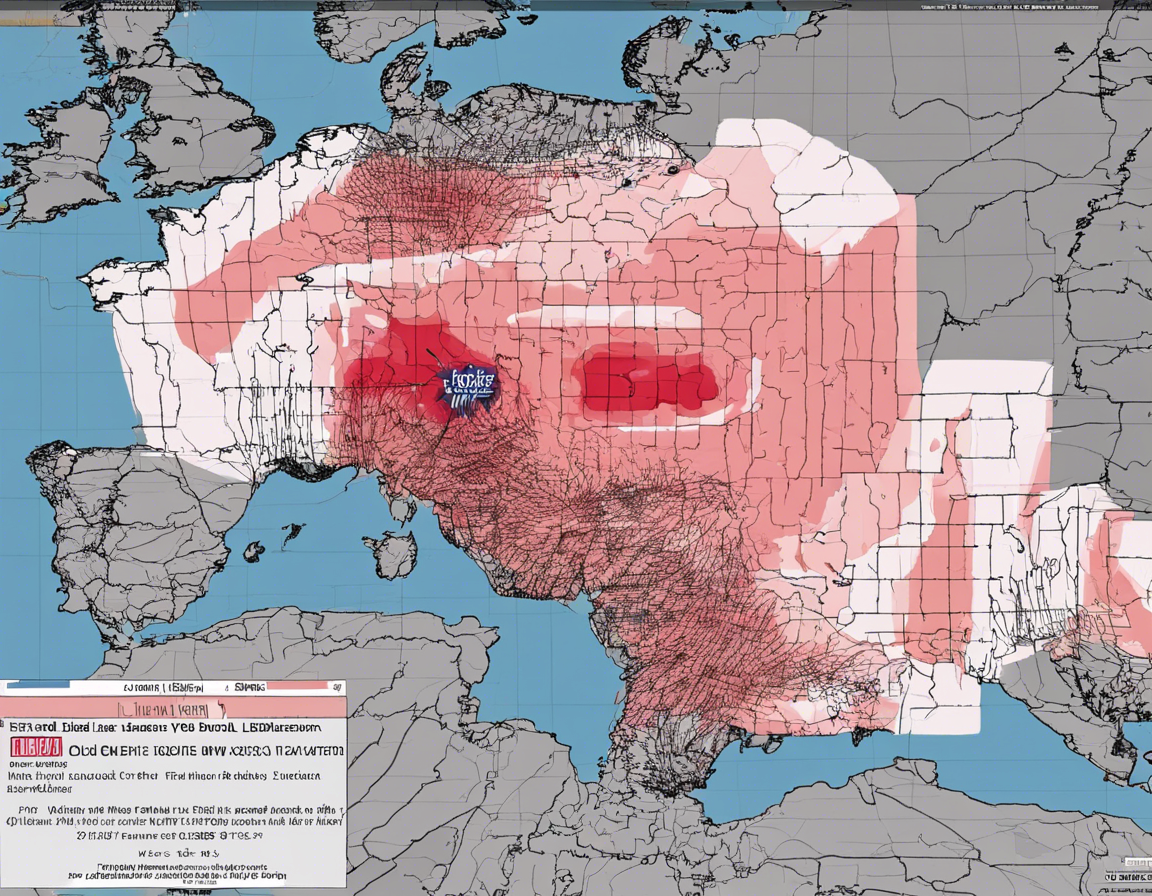




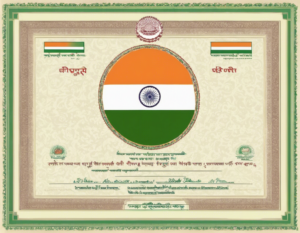
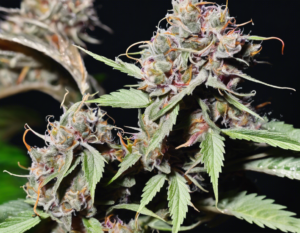

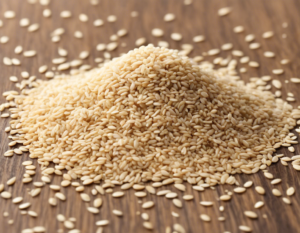
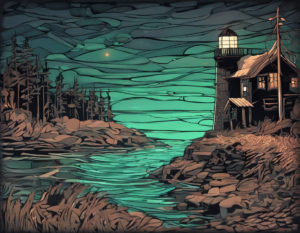




Post Comment